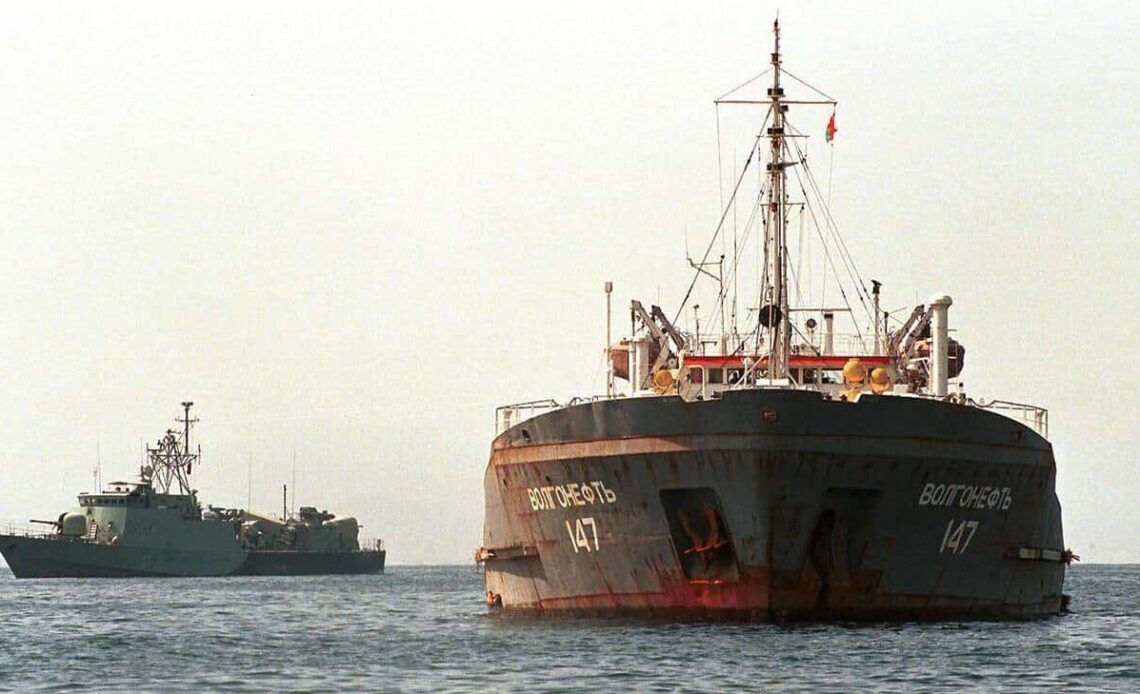Oil tanker. Stock photo: Getty Images
Last week, from 17 to 24 March, Russian ports exported 703,000 tonnes of gas and diesel, a 25% decrease compared to the amount shipped the week before that.
Source: enkorr with reference to the data of the A-95 Consulting Group
Quote: “Sea supplies have decreased for the third week in a row due to reduction in production at Russian refineries due to planned repair work and attacks by Ukrainian drones.”
Advertisement:
Since the latter part of February, shipments from the biggest export diesel terminal, Primorsk, have been decreasing. There was a 44% decrease in the amount of diesel and gas oil shipped for export from the Baltic port last week, to 295,000 tonnes. Through a pipeline that is connected to the refineries at Kirishi, Yaroslavl, and Nizhny Novgorod, diesel fuel is brought into the Primorsk terminal. On 12 March, the latter was attacked, resulting in the cessation of half of the primary processing capacity.
Distillate shipments from Black Sea ports are maintained consistently. At the same time, the weekly export of gas oil and diesel from the Tuapse port has decreased by 50% since the refinery’s production was stopped in response to the UAV attack in late January. April is predicted to see a decrease in the diesel supply from the port of Novorossiysk, the biggest Black Sea port.
Raw materials are no longer processed at the Syzran Rosneft refinery, which is linked to the Syzran-Novorossiysk diesel pipeline, as of 17 March.
Background:
- Starting from 1 March, the Russian government banned the export of petrol for six months and increased the share of diesel fuel sold on the stock exchange to 16%. They want to take such measures to combat rising fuel prices.
- Russia increased its petrol imports from Belarus in March to overcome the risk of shortages in its domestic market, which arose due to repairs at Russian refineries after Ukrainian drone attacks.
Support UP or become our patron!
Click Here to Read the Full Original Article at Ukrainska Pravda…

